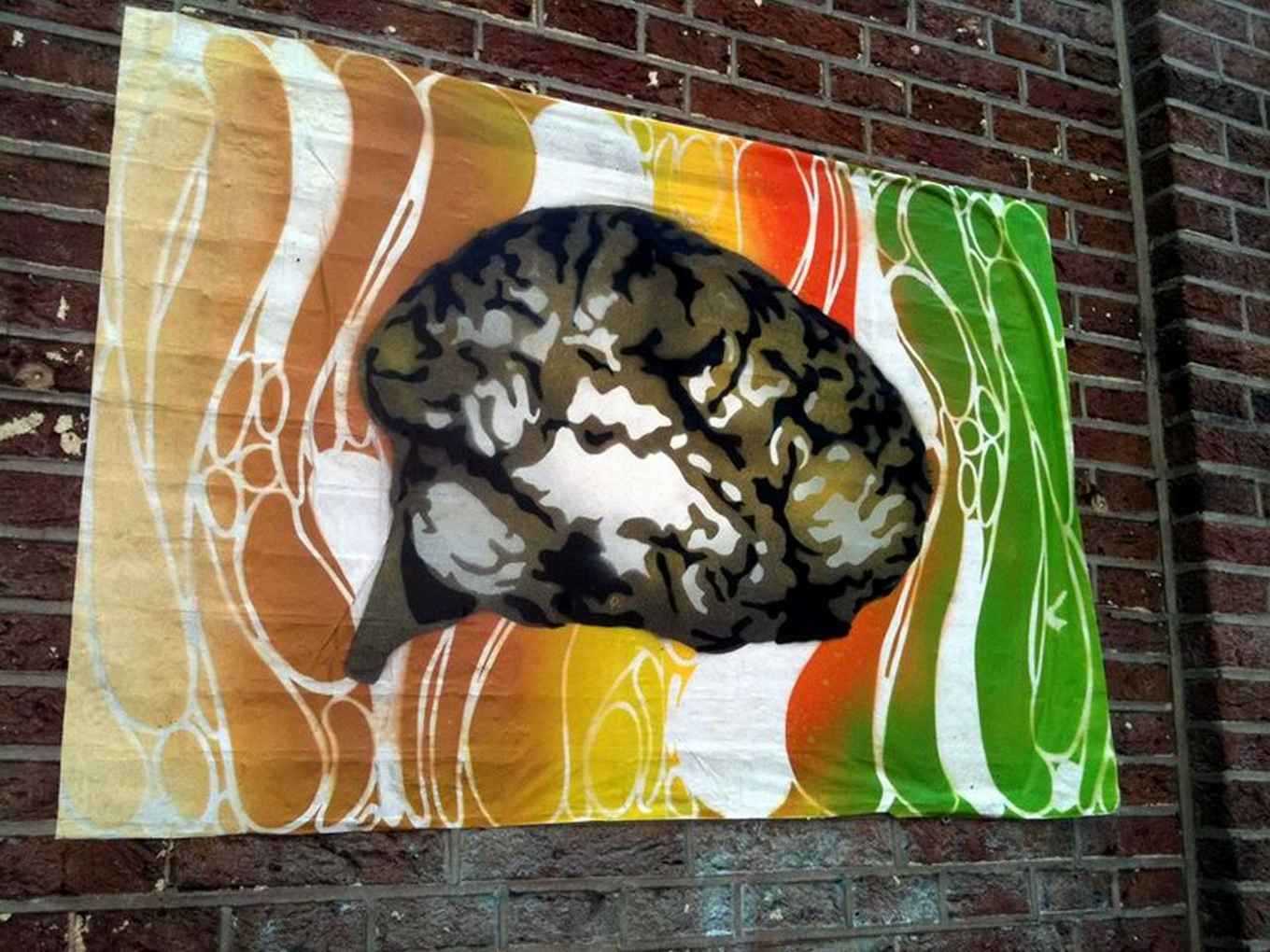Experience leads to better predictions
Surprises influence information processing in the cerebral cortex
23 July 2018

Let's say you want to cross a road safely. It is important to accurately estimate the amount of time you have before any oncoming cars are nearby. You can make this estimate based on previous instances in which you crossed a road. It is on the basis of these earlier experiences that you then make a prediction about the outcome of your decision: will you make it safely to the other side or not? Surprise plays an important role here. It helps us determine when predictions on the basis of previous experiences do not correspond with new information. For instance, it is possible that cars are approaching at a higher speed than you than estimated. The sense of surprise this new information generates acts as a warning signal – you can obviously not depend on your earlier experiences to make a proper estimate and safely cross the road.
‘As we know from previous research, several ‘modulatory brainstem cores', such as dopamine and the noradrenaline system, become active when we are surprised', explains neuroscientist Thomas Meindertsma. ‘These deep-seated brain areas can influence activity in large areas of the cerebral cortex. However, we still don't know enough about the ways in which surprise affects information processing in the cerebral cortex, which is the part of our brain that processes information on our environment, among other things. Our research project focused on this effect, on the ways in which surprise about event timing influences information processing in the cerebral cortex.'
Predicted versus actual surprise
The team determined the degree of surprise by letting healthy subjects carry out a computer task. During this task, the subjects were asked to detect changes in a visual stimulus and report these changes by pressing a button. These changes took place at relatively regular and predictable intervals during some parts of the experiment, and were highly irregular and unpredictable in others. The subjects' brain activity was measured during the task by means of magnetoencephalography (MEG). The team developed a new ideal observer model, which predicts the timing of future events based on the duration of previous ones. Meindertsma: 'We used the model to calculate subjects' expectations about the timing of the next event. This allowed us to calculate the difference between these expectations and the actual timing of each event, or, in other words, the extent to which the subjects should be surprised'.
Future events
The speed of subjects' responses (pressing the button) was used as a behavioural measure for the influence of surprise. As it turned out, subjects responded more slowly when the model predicted surprise. By means of correlation analysis, the researchers found that this element of surprise was related to changes in brain activity in a network of cortical areas previously linked to the retention of information for future use. Meindertsma: ‘Our results thus indicate that surprise leads the brain to update information used to predict future events. A better understanding of the ways in which surprise can influence our choices and behaviour could help us learn to communicate important information more effectively and improve learning processes in general, for example with regard to information on traffic safety, which – when offered in a surprising form – will probably have a greater influence on drivers' decisions'.
Publication details
T. Meindertsma, N.A. Kloosterman, A.K. Engel, E.J. Wagenmakers, T.H. Donner: ‘Surprise About Sensory Event Timing Drives Cortical Transients in the Beta Frequency Band’ in: Journal of Neuroscience (20 July 2018). DOI: 10.1523/JNEUROSCI.0307-18.2018.